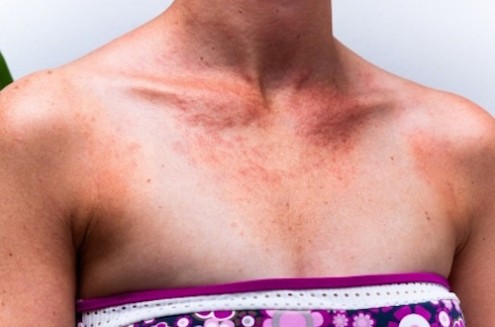Skin cancer is the most prevalent cancer in the U.S. In fact, according to the Skin Cancer Foundation, each year in the U.S. there are five million people treated for skin cancer.
What are the symptoms of skin cancer?
Depending on which type of skin cancer is present, you may develop different symptoms. For example, with melanoma skin cancer, signs could include a mole that changes in color, size, and shape or a large brownish spot with darker spots. For basal cell carcinoma, you may have a flat flesh-colored scar-like lesion or a waxy bump on your skin. For squamous cell carcinoma, you may have a firm, red nodule on your skin.
What are some integrative therapies for skin cancer?
According to an article posted on Life Extension, there are numerous integrative therapies you can use, such as:
- B-Vitamins
- Melatonin
- Vitamin D
- Tea polyphenols
- Probiotics
- Curcumin
- Quercetin
- Resveratrol and Pterostilbene
- Pine bark extract
- Fish oil
- Grape seed extract
- Silymarin
- Polypodium
- Red orange complex
Dr. Mike discusses the dangers of skin cancer and some integrative therapies to help treat it.
